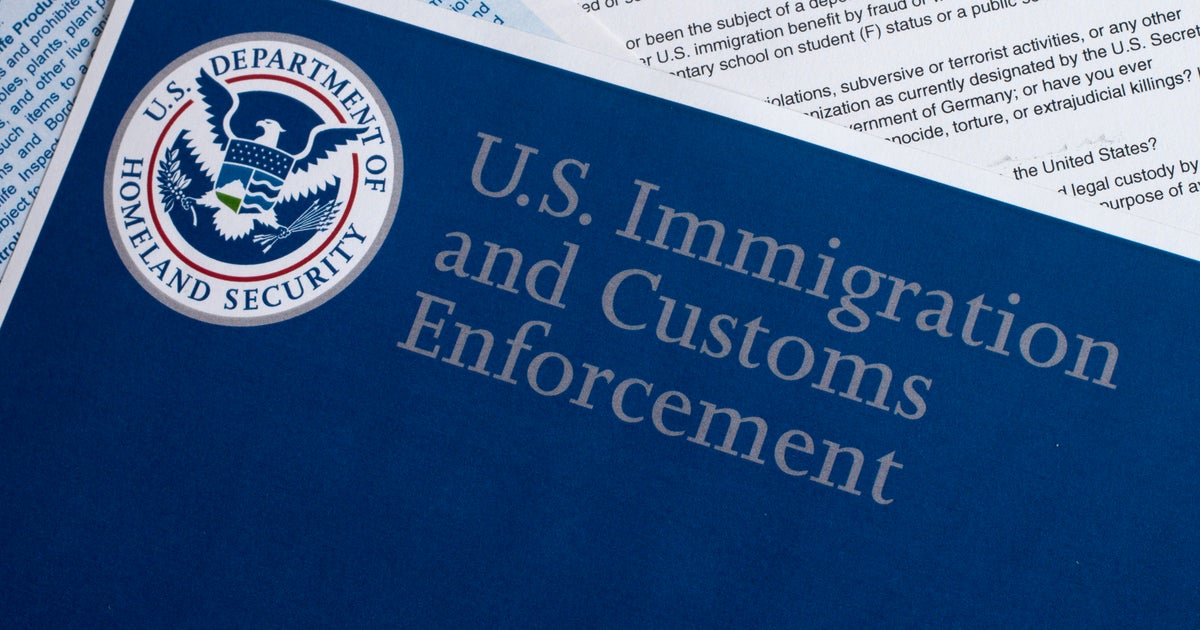Personal Bankruptcy, The Basics
This article is provided and sponsored by:
ClearPoint Credit Counseling Solutions
_____________________________________
Bankruptcy is a legal process that can eliminate unsecured debt or establish a repayment plan for a portion or all of a consumer's debts. Bankruptcy is serious and should only be used as a last resort in cases where there is no other reasonable way to repay debts. Bankruptcy is a negative factor on your credit that may be reported for a period of 10 years. Filing bankruptcy may also affect your ability to obtain credit for home loans or leases, automobile loans or leases, credit cards and it may even make it difficult to obtain employment.
Cases filed under Chapter 7 may liquidate property not covered by exemptions to repay debts. A trustee will be appointed by the court system to take over non-exempt property and administer its sale. Depending on your exemptions, you may be able to keep some personal property or real estate. For information about your particular situation, consult a local bankruptcy attorney. Many offer free consultations.
Chapter 13 bankruptcies allow most consumers to keep their property. However, in exchange, debtors must have a source of regular income and must agree to pay part of their income to their creditors. The court must approve any proposed repayment plan. Once a court approves the proposed repayment, a trustee will be appointed to administer the repayment. The trustee will collect payments outlined in the plan, ensure that the creditors receive their payments and make sure the debtor abides by the terms of the repayment plan.
Some debts may be eligible to be discharged or forgiven altogether. However, some types of debt cannot be forgiven or "discharged." Most federal and state taxes, alimony, child support, court fines, court and criminal restitution, student loans, and judgments awarded from personal injury cases involving drunk driving or driving under the influence of drugs cannot be discharged. Additionally, any debt that was incurred after the date the bankruptcy case is filed is not dischargeable.
In either form of bankruptcy, consumers may be able to re-affirm certain debts. Under the re-affirmation, consumers promise to repay a particular debt (instead of discharging it in the bankruptcy) in order to keep certain property. Autos and homes are the most common reaffirmed types of debts, but they can also include tools and equipment that are necessary to a person's livelihood.
For the court to accept it, reaffirmation must be proven to be voluntary, must be in the consumer's best interest and must not place too heavy of a financial burden on consumers or their families. Reaffirmations can be canceled within 60 days after the agreement has been filed or before the case is discharged. If the debtor fails to repay a reaffirmed debt, he or she would be responsible as if there had been no bankruptcy—at that point, the debt cannot be discharged. The creditor may then take collections actions against the debtor, including repossession and/or a judgment.
The credit counselors at ClearPoint Credit Counseling Solutions believe that consumers should consider and explore their options for paying off debt, including a possible bankruptcy. For more information or to discuss your options, please contact one of our certified credit counselors at 1.877.412.2227 (CCCS). Or, get started with your credit counseling online.
ClearPoint provides this general information to our readers. If you or anyone you know is considering bankruptcy, consult with a legitimate bankruptcy attorney who has sufficient experience with complicated bankruptcy laws and can provide you with personalized legal advice.







